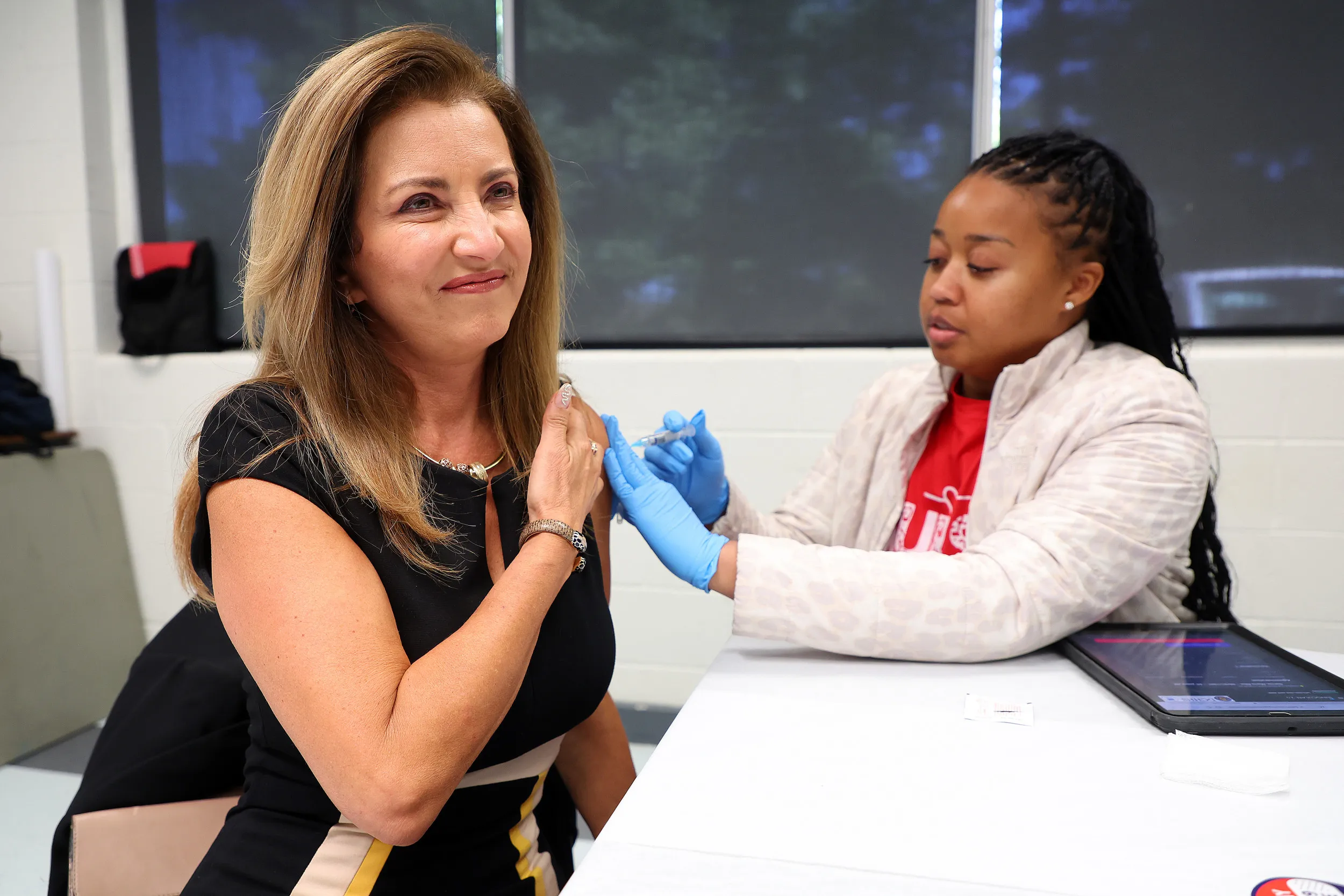Supreme Court's Ruling on Vaccine Injury Lawsuits

Supreme Court's Ruling on Vaccine Injury
The recent decision by the U.S. Supreme Court to decline hearing the case of W.J. v. Secretary of Health and Human Services signifies a notable moment in discussions surrounding vaccine injury lawsuits. This outcome allows stands on the existing Vaccine Injury Act, which stipulates that all lawsuits must be filled within 36 months of an injury.
Background on the Case
In this case, the unnamed parents sought an extension to the statute of limitations, arguing that a tolling provision should apply. This could have potentially granted them up to six years to file against the government for their child's vaccine injury. The implications of this ruling extend beyond just one family, affecting a broader group of parents. If the Supreme Court had favored the parents, it might have set a precedent allowing others increased time to seek legal action regarding vaccine injuries.
Ongoing Vaccine Debates
The decision resonates within larger conversations about anti-vaccine movements, which often raise questions about vaccine safety and potential links to conditions like autism. Despite the continual controversy surrounding vaccines, the court's ruling emphasizes the legal boundaries parents face when challenging vaccine-related injuries in court.
Disclaimer: The information provided on this site is for informational purposes only and is not intended as medical advice. We are not responsible for any actions taken based on the content of this site. Always consult a qualified healthcare provider for medical advice, diagnosis, and treatment. We source our news from reputable sources and provide links to the original articles. We do not endorse or assume responsibility for the accuracy of the information contained in external sources.
This article was prepared using information from open sources in accordance with the principles of Ethical Policy. The editorial team is not responsible for absolute accuracy, as it relies on data from the sources referenced.